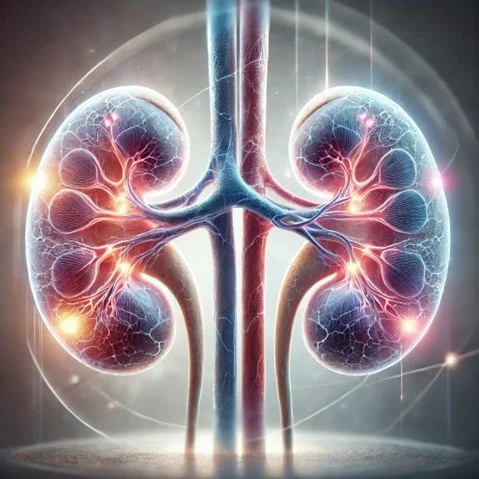*ANATOMY OF FREE WILL
Human Choice and Decision- Making
The debate surrounding free will has captivated human thought for centuries, sparking questions about the nature of existence, choice, and autonomy. Opinions diverge on whether free will is an inherent quality of our existence or an illusion shaped by external circumstances.
Illusion of Choice at Birth
A key argument against free will arises from the observation that we do not choose to exist. We are born into this world through biological processes beyond our control, much like the rhythmic beating of the heart process that starts without our permission and continues unyielding, regardless of our will.
From this perspective, existence itself feels predetermined, an event we neither consented to nor influenced. However, the discussion becomes more intricate when viewed through a spiritual lens.
Some believe that, like the unseen pulse of the heart driving life, our souls may choose their earthly experiences before physical birth. This interpretation suggests a higher form of free will exercised beyond the boundaries of physical reality
Human Decision-Making
In our day-to-day lives, free will is often equated with the ability to make decisions. The brain, a labyrinth of neural pathways, serves as the command center for these choices, constantly weighing options and re-routing the complex map of experience.
Even within restrictive environments shaped by upbringing, culture, and societal expectations, the brain, like a skilled navigator, can chart a new course. For instance, individuals raised in particular belief systems often consciously explore contrasting ideologies, asserting their independence.
This ability to rewire the "mental map" showcases how humans can rise above external influences to forge unique paths.
Role of Participation
An intriguing facet of free will is the concept of participation. Much like the stomach's role in digestion is to actively break down what is consumed and decide what nourishes the body, exercising autonomy requires active engagement.
Participating in life means making decisions, questioning norms, and pursuing self-discovery. On the other hand, non-participation through escapism, distraction, or apathy is akin to ignoring the body's signals of hunger, relinquishing one's agency.
Yet even the choice to disengage underscores the presence of free will, reflecting an individual's autonomy over their actions. Much like digestion, participation transforms life's raw material into personal growth.
Sovereignty of the Soul
On a deeper level, free will intersects with sovereignty, much like the lungs govern the breath of life. Just as the lungs freely inhale and exhale, sustaining existence without constraint, sovereignty recognizes one's unique life path, unburdened by past lives or external judgments.
This sovereignty emphasizes the soul's freedom to explore, learn, and evolve without guilt or constraint. Much like a player in a video game, the soul discovers its existence with curiosity, crafting its experience through the choices it makes.
Sovereignty is the lungs of free will, allowing it to breathe freely and sustaining the essence of individuality.
The Collective Consciousness
While free will manifests individually, humans undeniably comprise a larger network of shared energies. The gut, often called the "second brain," represents this interconnectedness. It processes external input, much like society processes cultural norms, collective beliefs, and shared experiences.
Recognizing the gut's ability to discern what nourishes and what harms is analogous to navigating societal influences. By understanding these external pressures, individuals can differentiate between what aligns with their true selves and what is imposed.
The gut symbolizes the delicate balance of collective consciousness absorbing, filtering, and sustaining the interconnected web of humanity.
Dual Polarities
The concept of dual polarities aligns seamlessly with the kidneys and organs, which work in pairs to filter and balance the body's internal environment. Just as the kidneys maintain equilibrium, removing waste while preserving vital nutrients, free will operates within a duality of choice and consequence, autonomy, and interdependence.
Every decision is a filtration process: weighing pros and cons, determining what to keep and what to discard. The kidneys, much like free will, embody this duality, working tirelessly to sustain balance in a complex and interconnected system.
A Connected Perspective
Free will is not merely about making choices but about embracing the journey of existence with intention and curiosity. By participating fully in life, we unlock its complexities, learning not only about ourselves but also about the intricate web of connections that define our shared human experience.
Ultimately, free will might be best understood as a duality. While we cannot choose the circumstances of our birth, we can shape our lives through conscious participation and decision-making. Engaging with life, exploring, questioning, and evolving constitutes the essence of free will.
In doing so, we transmute the passive observer role, actively participating in our own stories. Like the organs within us, each decision is individual and interconnected, sustaining the anatomy of free will itself.
JAH







